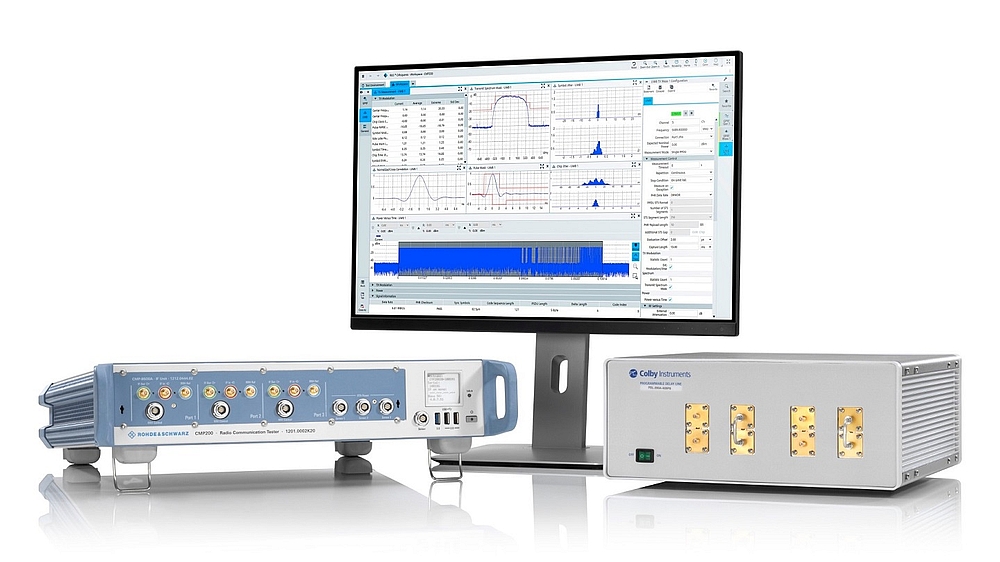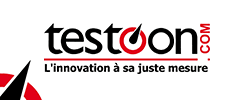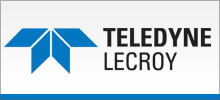- Rohde & Schwarz and Colby Instruments have developed a test solution that accurately simulates the the moving direction of UWB devices.
- Ultra Wide Band (UWB) technology is a short-range wireless communication protocol that enables devices to geo-locate themselves based on distance, moving direction and position relative to other UWB devices.
Rohde & Schwarz and Colby Instruments, a manufacturer of high-precision programmable delay lines, have developed a test solution for characterizing angle of arrival (AoA) and phase difference of arrival (PDoA).
This solution combines the R&S CMP200 radio communication tester and Rohde & Schwarz’s WMT software service, dedicated to the automatic testing of wireless technologies in production, with Colby Instruments’ XT-200 family of high precision delay lines. The combination of these solutions enables measurements to be made in a conducted mode, including calibration and verification phases.
To determine the distance between two devices, UWB technology measures the time of flight of a UWB signal between a transmitter and receiver. By measuring the time or phase difference of a signal received by two UWB receiving antennas, the angle of arrival can be calculated.
The delay lines allow users to characterize the DUT with a delay range of 0 to 625 ps and a resolution of 0.50 ps. This allows for accurate simulation of angles and distances. The R&S CMP200 radio communication tester, which integrates a signal analyzer and a generator in a single instrument, enables transmitter and receiver measurements in both conducted and radiated modes.






